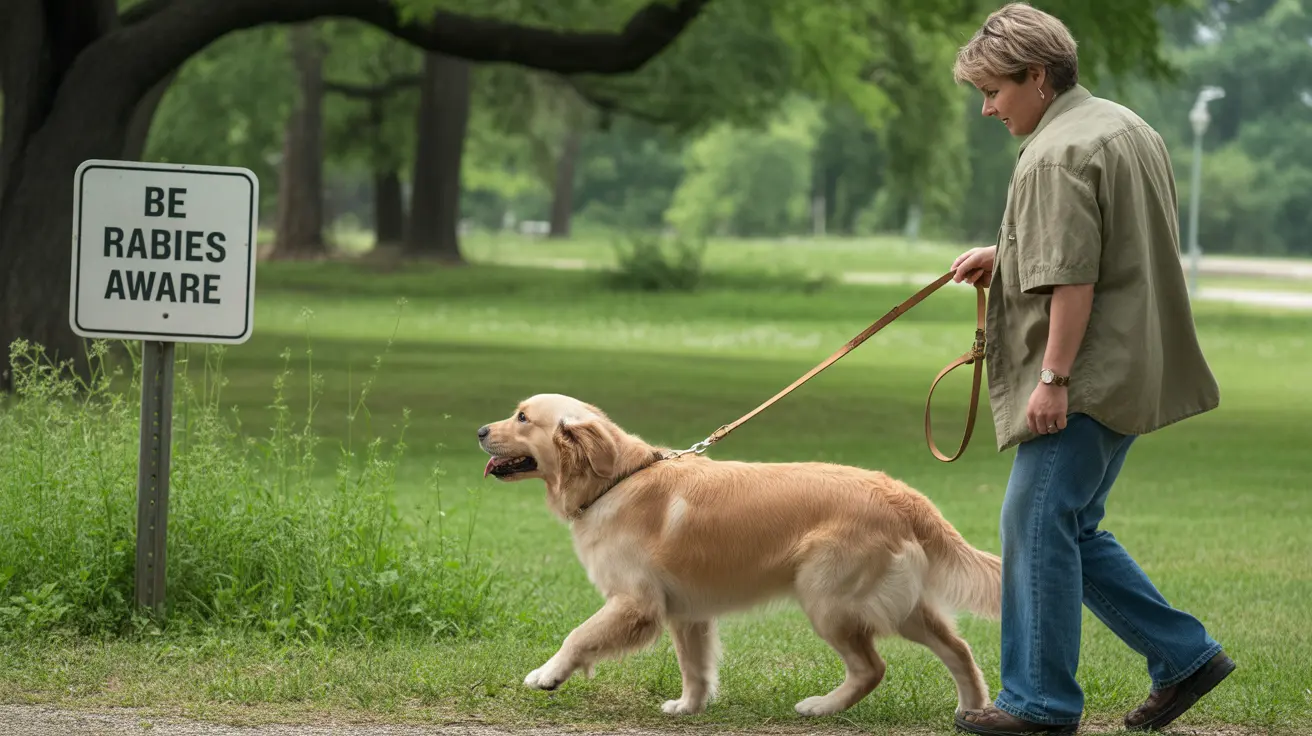Wildlife Rabies Carriers in Kansas
Bat and Skunk Rabies Risk
Bats and striped skunks remain the primary wildlife reservoirs for rabies in Kansas. These species pose particular challenges for prevention due to their widespread presence in both rural and urban areas. Bats especially warrant careful attention, as their bites can be nearly imperceptible yet still transmit the deadly virus.
Domestic Animal Cases
The presence of rabies in horses and domestic cats serves as a stark reminder that no animal is inherently immune to the virus. These cases underscore the importance of maintaining current vaccinations for all domestic animals, including both pets and livestock.
Rabies Prevention for Pets
Vaccination Requirements
The most effective protection against rabies remains proper vaccination. All dogs, cats, ferrets, and valuable livestock should receive regular rabies vaccinations administered by a licensed veterinarian. This is particularly crucial before agricultural shows or events where animals may come into contact with others.
Best Practices for Pet Owners
To protect your pets from potential rabies exposure:
- Keep pets supervised when outdoors
- Avoid letting them interact with wildlife
- Maintain current vaccinations
- Secure outdoor areas to prevent wildlife access
Public Health Considerations
Reporting and Response
Any suspected rabies exposure through animal bites or contact should be promptly reported to local health authorities. Quick action is essential, as post-exposure prophylaxis (PEP) is most effective when started immediately after exposure.
Testing Procedures
The KSVDL conducts over 900 rabies tests annually on suspect animals. This comprehensive testing program helps track the spread of the virus and guides public health responses across the state.
Frequently Asked Questions
Which animals in Kansas are most commonly testing positive for rabies in 2025?
Bats and striped skunks are the primary wildlife reservoirs, though positive cases have also been found in horses, domestic cats, and cattle.
What should I do if my pet encounters a potentially rabid animal?
If your pet has any contact with wildlife, especially bats or skunks:
- Keep your pet isolated
- Contact your veterinarian immediately
- Report the incident to local health authorities
- Document the time and location of the encounter
Why are bat encounters particularly dangerous?
Bat bites can be especially concerning because they may go unnoticed due to their small size and painless nature. Any potential contact with bats, particularly inside homes, should be taken seriously and prompt immediate medical consultation.
Final Thoughts
The presence of rabies in Kansas wildlife and domestic animals reminds us that this deadly virus remains a serious public health concern. Through proper vaccination, vigilant monitoring, and prompt response to potential exposures, pet owners can help protect their animals and contribute to community safety. Stay informed about local rabies cases and maintain regular communication with your veterinarian about appropriate preventive measures for your pets.






